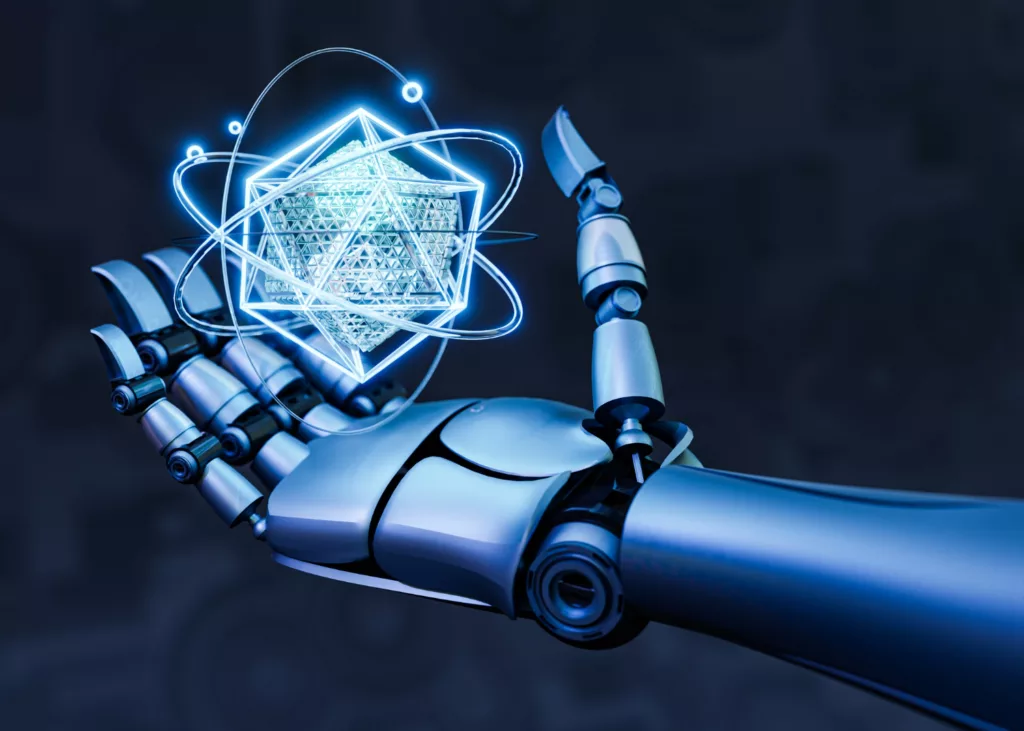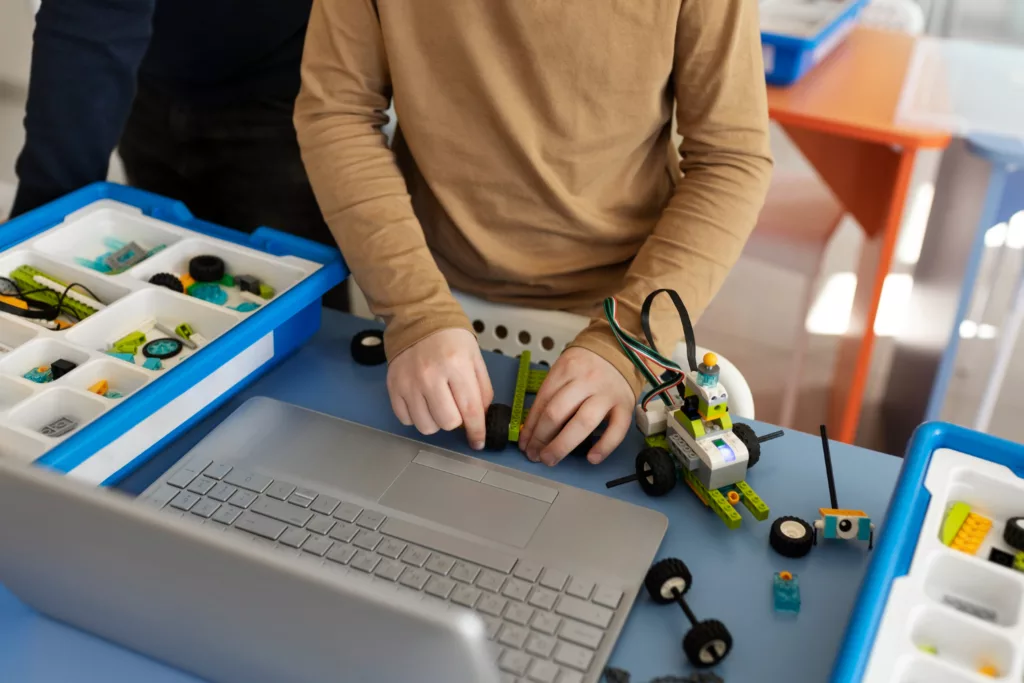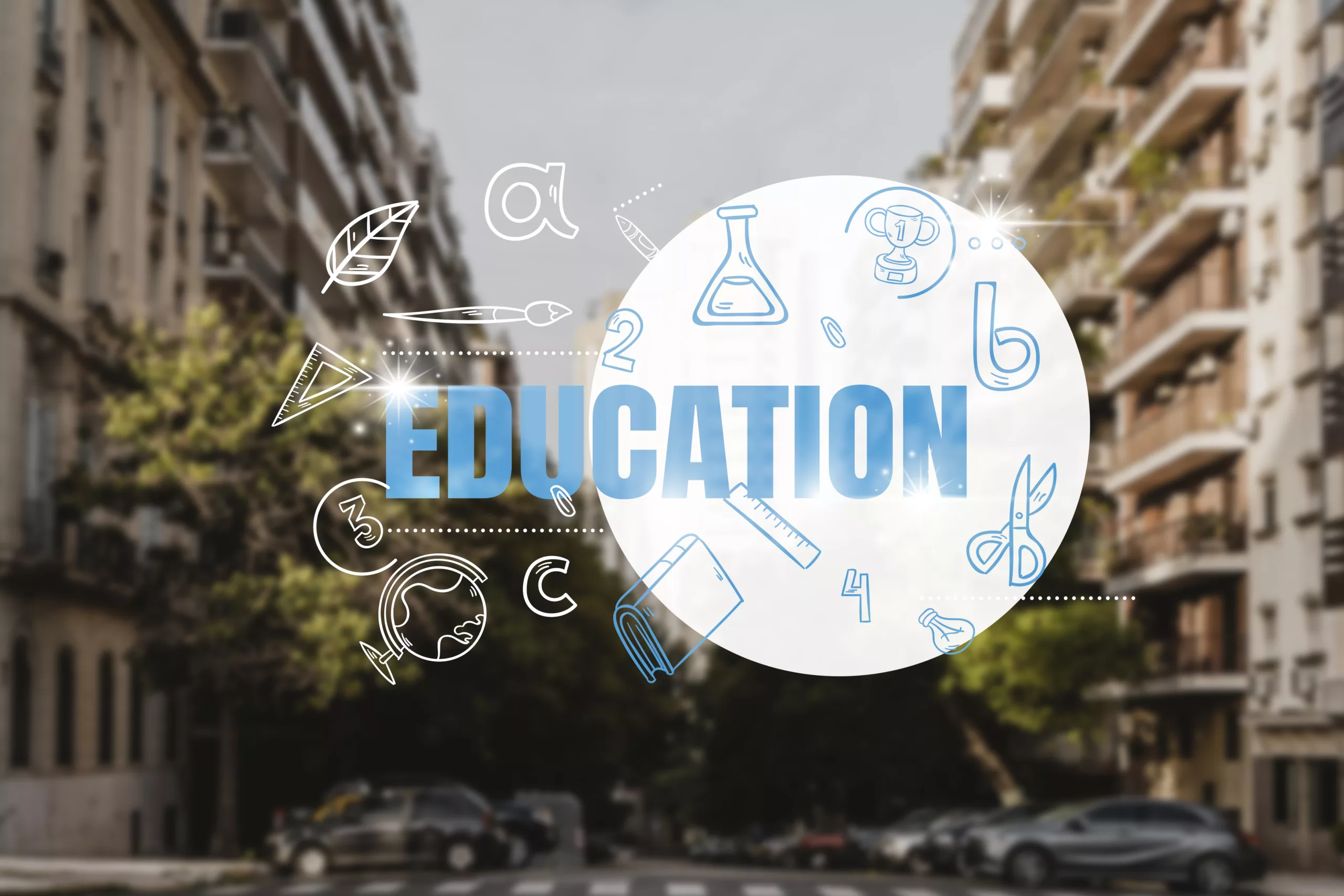Artificial Intelligence (AI) has emerged as a transformative force in various fields, including education. With its potential to enhance personalized learning, streamline administrative tasks, and provide valuable insights, AI is revolutionizing the education landscape. In collaboration with organizations and governments worldwide, initiatives are being launched to harness the power of AI and advance education. In this article, we will explore some notable initiatives by OpenAI, CBSE AI for All, the U.S. Department of Defense (DoD), Riiid, UNESCO, Google, and Microsoft, aimed at leveraging AI to shape the future of education.
Introduction: The Role of AI in Education

AI has the potential to revolutionize education by offering personalized learning experiences, automating administrative tasks, and providing data-driven insights to improve teaching and learning processes. By leveraging AI technologies, educational institutions can unlock new opportunities for students, educators, and administrators, fostering a more inclusive and effective education system.
OpenAI: AI-Powered Tools for Learning
OpenAI, a leading AI research organization, is actively working to advance education through AI-powered tools. OpenAI’s initiatives include developing intelligent tutoring systems that provide personalized feedback to students, creating educational resources that use AI to enhance learning outcomes, and leveraging natural language processing to improve language learning and understanding.
CBSE AI for All: Integrating AI in the Indian Education System
CBSE AI for All is an initiative by the Central Board of Secondary Education (CBSE) in India to integrate AI education into the school curriculum. The program aims to equip students with AI skills and knowledge from an early age. By introducing AI-related concepts, coding, and problem-solving skills, CBSE AI for All prepares students for the AI-driven future.
U.S. Department of Defense (DoD) Strategy: AI in Military Education
The U.S. Department of Defense recognizes the transformative potential of AI in military education and training. The DoD has formulated a strategy to incorporate AI technologies, such as virtual reality simulations and intelligent tutoring systems, into military education programs. These initiatives aim to enhance training effectiveness, accelerate skill development, and improve decision-making capabilities of military personnel.
Riiid: AI-Powered Personalized Learning Solutions

Riiid, a leading AI education company, specializes in personalized learning solutions. By harnessing AI algorithms and data analytics, Riiid provides adaptive learning platforms that tailor educational content to individual student needs. Their AI-powered systems analyze student performance, identify knowledge gaps, and deliver targeted learning materials, resulting in improved learning outcomes.
UNESCO: AI for Inclusion and Global Education Goals
UNESCO, the United Nations Educational, Scientific and Cultural Organization, recognizes the potential of AI in advancing global education goals. UNESCO promotes the ethical and responsible use of AI in education to ensure inclusivity, access to quality education, and lifelong learning opportunities for all. The organization focuses on leveraging AI to bridge educational gaps, provide personalized learning experiences, and improve educational access in underserved communities.
Google: AI-Driven Educational Initiatives

Google is actively involved in leveraging AI to transform education. Through initiatives like Google for Education, the company provides AI-powered tools and platforms for educators and students. Google Classroom, for example, streamlines classroom management and enables personalized learning experiences. Google’s AI-powered tools, such as Google Assistant and Google AI Experiments, also facilitate innovative and interactive learning environments.
Microsoft: Empowering Education with AI
Microsoft is committed to empowering education through AI-driven initiatives. With tools like Microsoft Azure and Microsoft Teams, the company offers cloud-based AI services and collaboration platforms for educational institutions. Microsoft’s AI for Accessibility program focuses on leveraging AI technologies to address learning challenges and provide inclusive education opportunities for students with disabilities.
Conclusion
The collaboration between organizations like OpenAI, CBSE AI for All, the DoD, Riiid, UNESCO, Google, and Microsoft reflects the increasing recognition of AI’s potential to transform education. By harnessing AI technologies, these initiatives aim to enhance personalized learning, promote inclusivity, and optimize educational processes. The integration of AI in education holds the promise of empowering learners, equipping educators, and shaping a future where education is more accessible, effective, and engaging.
Frequently Asked Questions
Answer: AI enables personalized learning by analyzing students’ learning patterns and adapting instructional content to their individual needs. This helps students learn at their own pace and focus on areas where they need improvement.
Answer: The CBSE AI for All program is an initiative by the Central Board of Secondary Education in India to integrate AI education into the curriculum. It aims to equip students with AI knowledge and skills from an early stage.
Answer: Riiid’s AI tutoring platform, Santa, uses machine learning algorithms to analyze students’ learning patterns and provide personalized recommendations. It identifies knowledge gaps and tailors learning materials to individual needs.
Answer: UNESCO’s initiatives for AI in education focus on leveraging AI to address educational challenges in developing countries, improve access to quality education, and support lifelong learning.
Answer: Google uses AI in education through tools like Google Classroom, which facilitates communication and collaboration among students and teachers. Their AI algorithms enable personalized recommendations and adaptive learning experiences.



Leave a Reply